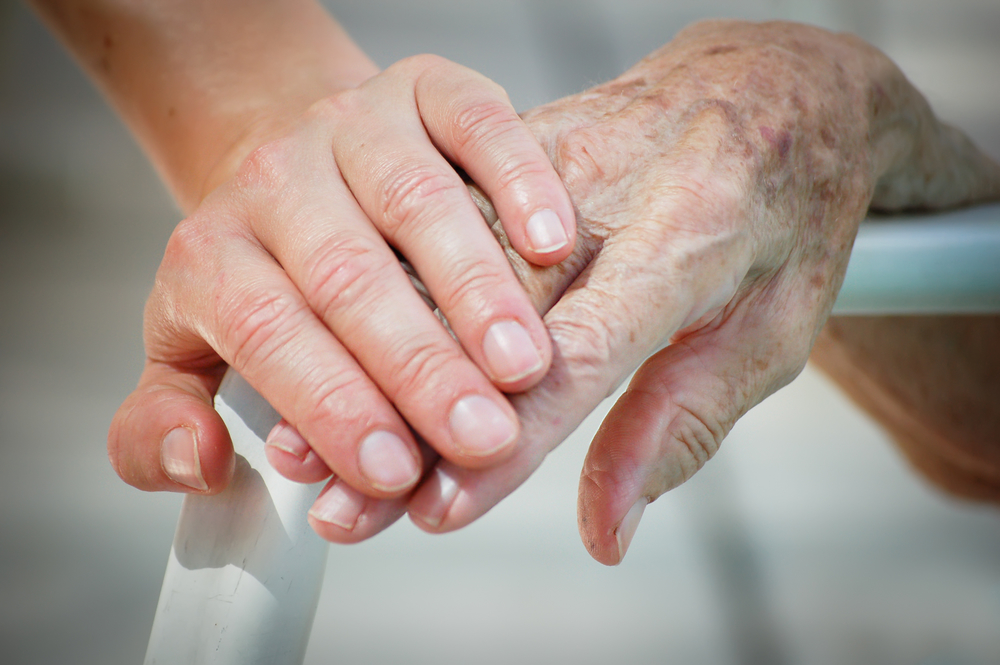The Compassionate Caregiver

“Compassion is a state of constant giving of the self for others.” I cannot remember where I read this quote, but I ponder about the sentiment it evokes. Constant giving of self for others is a heavy thought. Providing care to someone else is compassionate, but what about that word? I always think about the words sympathy and empathy when I hear the word compassion and then my mind always goes to nature and flowers. I think about how the floral industry thrives because of these three words, compassion, empathy, and sympathy.
By definition, they are synonymous, but I believe the meaning of those words can get a little jumbled. Sympathy is the broadest of all three words. Sympathy is the state of feeling sorry for someone, where empathy is putting your ‘self’ in someone else’s shoes, vicariously experiencing and identifying with the feelings, thoughts, or attitudes of another. Sympathy is expressing sorrowing, empathy is feeling the sorrow. Compassion is a giving of self, if you will a feeling of deep sympathy for another’s pain that causes a strong desire to help and alleviate the pain.
In some cultures, when someone dies, compassionate people send food to the family or attend the funeral. We express sympathy when someone dies, is sick, or gets hurt by sending cards of sympathy when someone is in pain, letting the other person know that we care or are in agreement of their feeling. Sometimes though sympathy creates an emotional distance and can be expressed in ways that offends or hurts. Is that called pity? By definition, pity is the sympathetic sorrow expressed by the misfortunes of others. That doesn’t sound so bad, so why then does pity cause hurt? I think sympathy turns to pity when it is expressed in a way that puts a person above the other. So, in caregiving, we shouldn’t express pity, but empathy and compassion.
The compassionate caregiver experiences a constant state of giving to another needing help, support, and care. While compassion is a wonderful concept, it can cause burnout if we are not attentive. I see caregivers give so much of themselves that the ‘CONSTANT’ in ‘CAREGIVING’ begins to wreak havoc on their health. At Hope Grows we offer compassion, not pity. We attend to and provide compassion for those that may get lost along the path and support them when the weeds get overgrown. If you are a caregiver reading this blog and you feel your path has become overgrown with weeds, call Hope Grows and let one of our trained team members carry your burden for a while. Our #ThinkCaregiver program provides ‘check-in’ phone calls and simple ‘self-care’ suggestions right from the comfort of your phone and computer; a continuous empathetic place to tell your story and provide encouragement along your journey.
Share the love today,
Lisa

